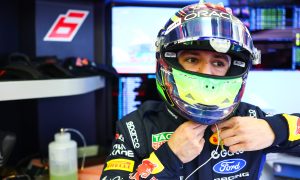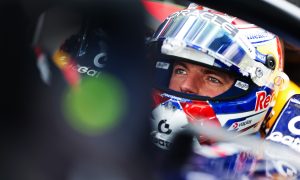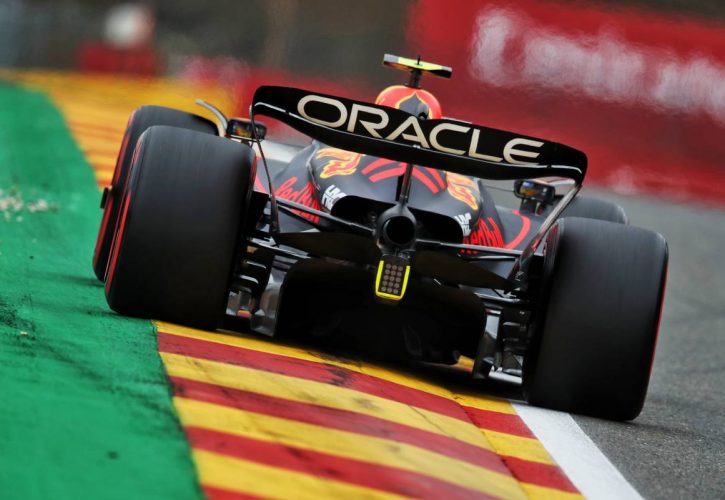
Red Bull chief technical officer Adrian Newey is concerned that the aerodynamic testing penalty Red Bull received as a penalty for breaching last year's spending cap will have an impact on the team's performance in 2023.
As well as a significant fine, Red Bull had its permitted allocation of wind tunnel and computational fluid dynamics (CFD) time cut by ten per cent over the next 12 months.
Team boss Christian Horner described it as a "draconian penalty". Red Bull was already set to have the lowest permitted amount of aero testing of any team as a result of winning this year's constructors title.
The net result is that Red Bull will only have 63 per cent of the baseline testing allocation which allows 400 hours of wind tunnel time over 320 runs, with no more than two runs per day, compared to 75 per cent for Ferrari.
The CFD baseline allows for six Mega Allocation Unit hours (MAUh) to test 2000 distinct three-dimensional part. The whole car counts as one part, but a single change means that the car will then be a 'new part'.
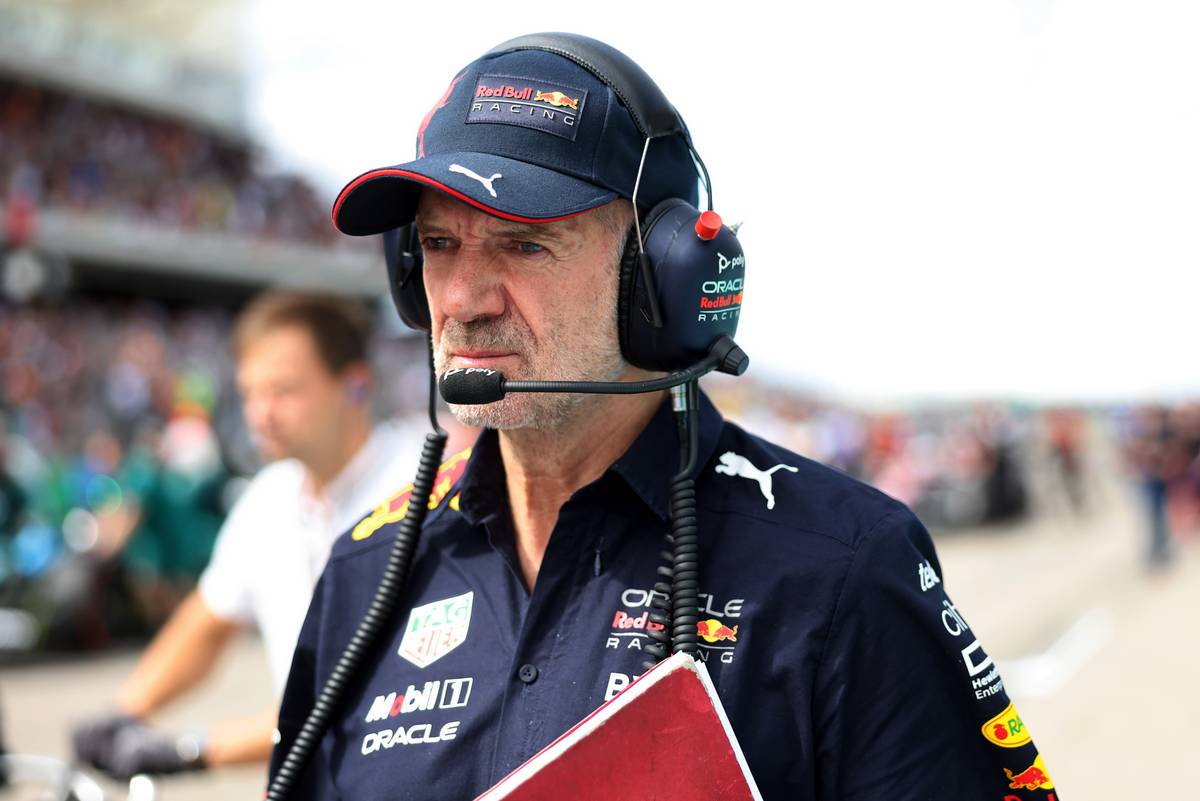
As a result of the penalties, Red Bull’s limit for 2023 will be 50.4 hours in the wind tunnel operating at 54kph or above, and 1,260 parts over 3.78 MAUh of CFD time.
That's all bad news for the team, which has to react to just-announced changes to regulations concerning the floor of next year's car, which are being strengthened in order to tackle the problem of 'porpoising'.
"The reduction of internal testing means we can evaluate less: less different components, less different ideas," Newey explained in a video released by the team.
“If we’re really smart and always put the right things on the model, then it doesn’t make much difference. But that’s not how it works.
"There are always some parts that you hope will work and don’t and vice versa. So it’s difficult. It’s a restriction for sure that will affect us."
Asked what he felt it might cost them in terms of time lost on track to their rivals, Newey replied: “There’s no testing so it’s very difficult to put [forward] an answer, 'it will cost us so many tenths of a second per lap'."
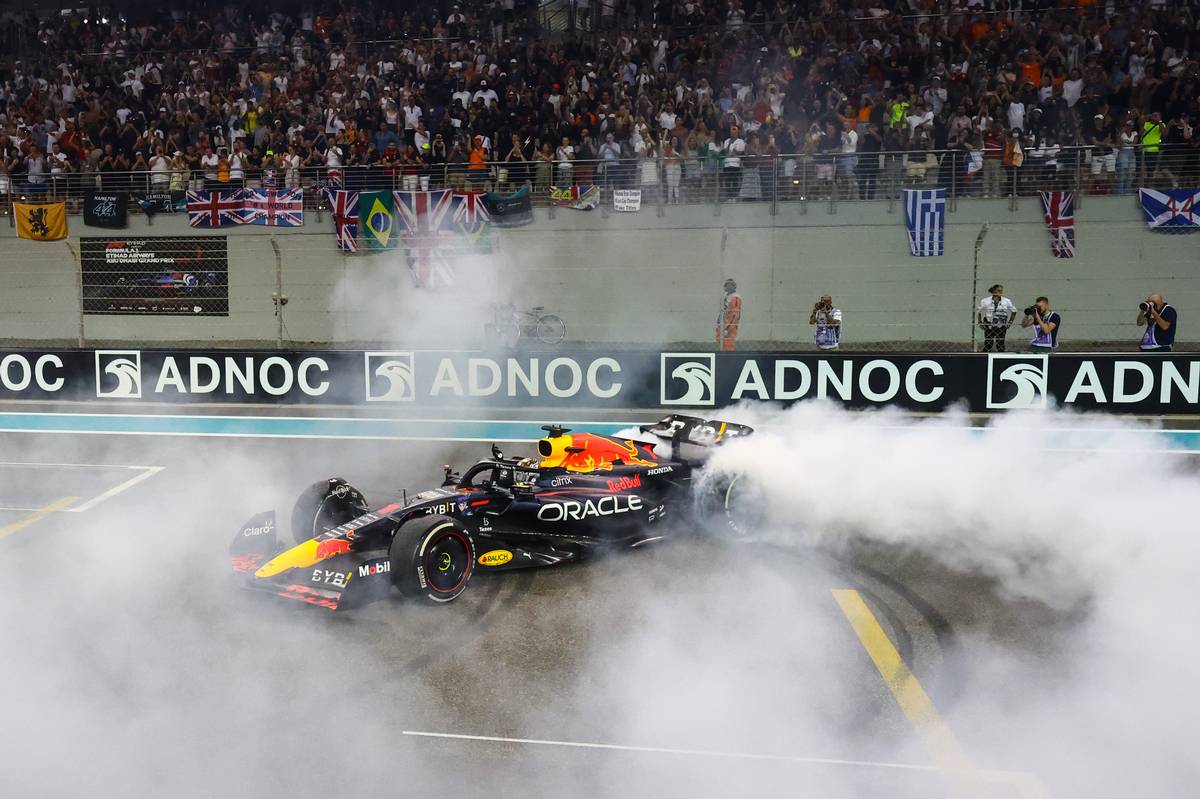
Newey said that his key concern was the new regulation raising the floor edge by 50mm. "Of course [it] sounds tiny, but in reality it’s quite a significant aerodynamic change.
"Like all teams, we’re working to reduce the deficit from that in addition to the normal development that goes on from year to year.”
Red Bull's RB18 dominated the 2022 season, allowing Max Verstappen to claim his second consecutive world championship with a recored 15 race wins along the way. But Newey expects things to be a lot closer next year.
“I think we’ve obviously had a good year, particularly in the second half of the season. We do have the best car," he acknowledged.
"But Ferrari won’t be resting, and they will be kind of sorting out the weak areas where they had a couple of reliability problems, and they made a couple of pit wall mistakes. So they will be right back.
“And then of course you obviously saw Mercedes starting with a car that was quite a long way off the pace, and evolving it to the point they won the last race but one. So we know they will be right there.
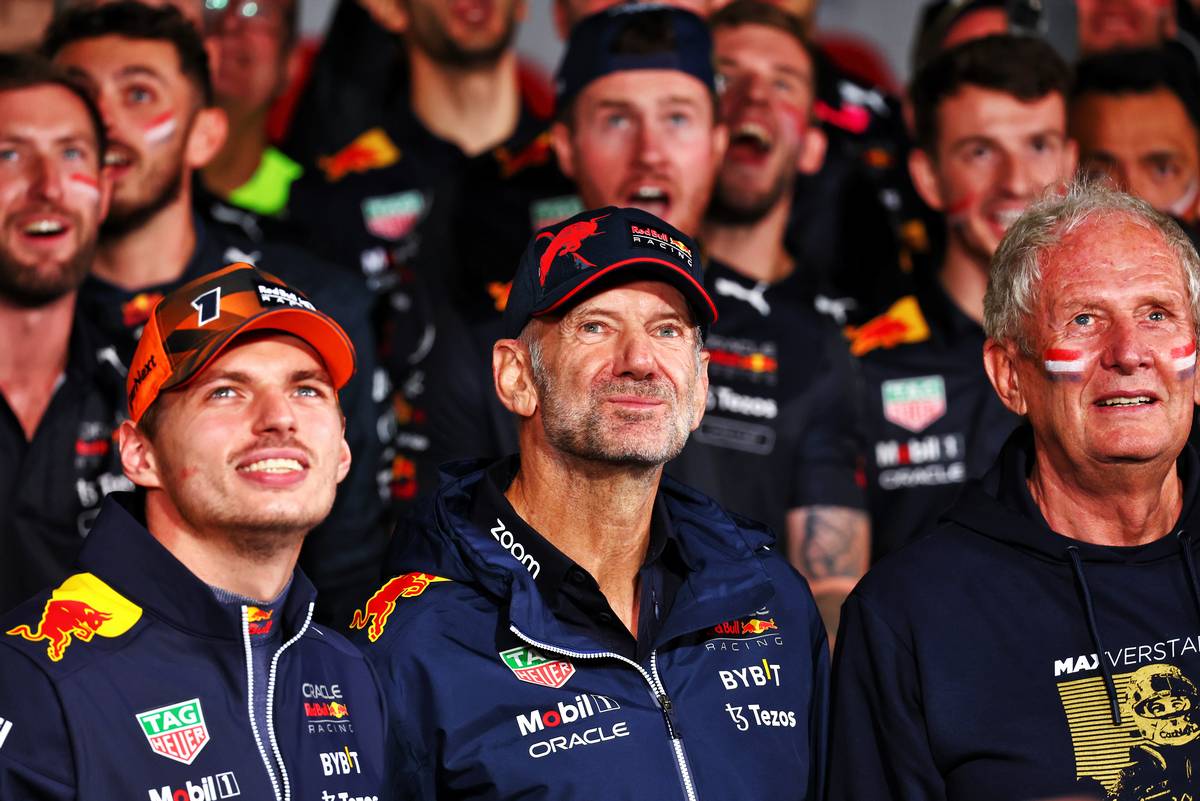
"It’s going to be a tough year for sure," he concluded.
Verstappen himself admitted that the loss of tyesting time "will hurt" the team next year, but he told Auto, Motor und Sport that he was confident Red Bull would overcome the handicap.
“We know where to start and what to work on,” he said. “If we hadn't known which way to go, it would be an even bigger problem.
"We will see in the course of the year how much we suffer. Our car was competitive and if we keep up the momentum, we should be fine,”
Gallery: The beautiful wives and girlfriends of F1 drivers
Keep up to date with all the F1 news via Facebook and Twitter






